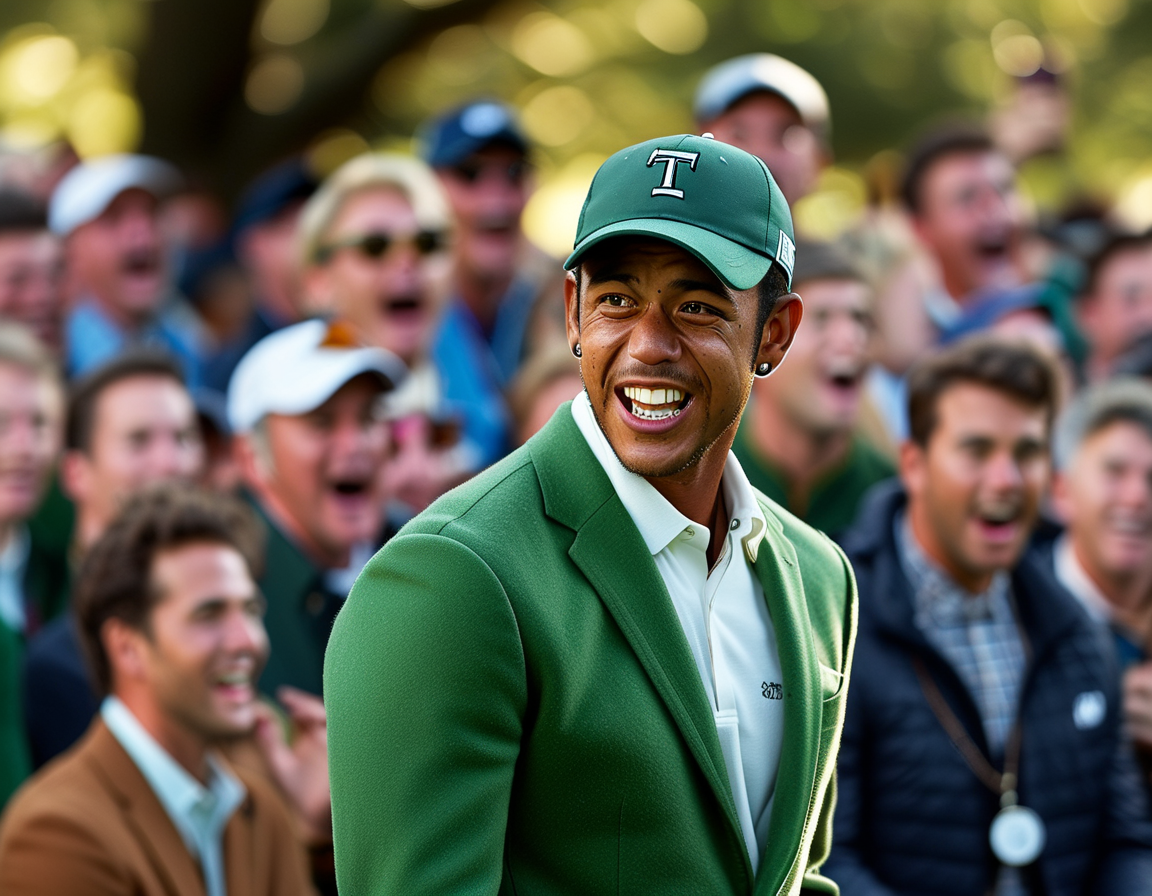
AUGUSTA, Georgia – The 2025 Masters Tournament is stirring the pot. And it’s not just about the game. Ángel Cabrera, the celebrated golfer from Argentina, is back in the spotlight. His return comes packed with emotional baggage and heated debates. How does a two-time major champion reconcile his past?
Cabrera’s journey to this year’s Masters has been anything but ordinary. Released from prison 20 months ago, he carries a heavy legacy. Sixteen years after claiming the green jacket, he faces questions about his character and choices. The shocking nature of his convictions for domestic violence casts a long shadow over this golfing titan.
The atmosphere at Augusta National during the opening day was charged with anticipation. Every swing, every cheer had an undercurrent of scrutiny. Fred Ridley, Augusta’s Chairman, acknowledged the tension. He stated, ‘We certainly abhor domestic violence of any type.’ Yet, Cabrera’s past didn’t keep him off the green. Will the crowd applaud his presence or cast judgment?
Cabrera’s past looms large, igniting polarizing discussions among fans. Many see him as a man who paid his dues. Others view his return with skepticism. Isn’t it troubling when sports icons face redemption after severe misdeeds?
During the 2025 Masters, Cabrera stood tall among fellow past champions, donning his green jacket. The golfer seemed to soak in the cheers, but behind the cheers lay critics. Did he deserve a second chance? Or was this a case of privilege trumping accountability?
In a poignant interview with Golf Digest, Cabrera expressed remorse. ‘I am repentant and embarrassed. I made serious mistakes,’ he admitted. His candidness might sway some hearts. But can words erase actions? Impactful choices often resonate more profoundly than apologies.
As the tournament unfolded, discussions about Cabrera’s return intensified. Social media exploded with varied opinions. Supporters hailed it as a victory for second chances. Detractors argued he should not represent the sport. Why does society grapple with forgiving those who once harmed others?
The Masters’ decision has stirred fierce debates about accountability in sports. Some argue that past champions, no matter their history, should remain welcome. Others believe that a moral compass should guide who gets to play on such esteemed grounds. How does one choose between legacy and morality?
Ultimately, Cabrera’s return to the Masters raises vital questions about redemption and second chances in sports. Society often rewards talent, but at what cost? As the tournament progresses, many will wonder: Can a golfer’s achievements overshadow his darkest moments?
As Cabrera tees off each day, he faces not just the challenges of the course but the scrutiny of the world. Can he transform this opportunity into a symbol of resilience or will the shadows of the past continue to haunt him? The 2025 Masters is not just another tournament; it’s a testament to the complexities of forgiveness and the sport’s evolving narrative.
Leave a Comment